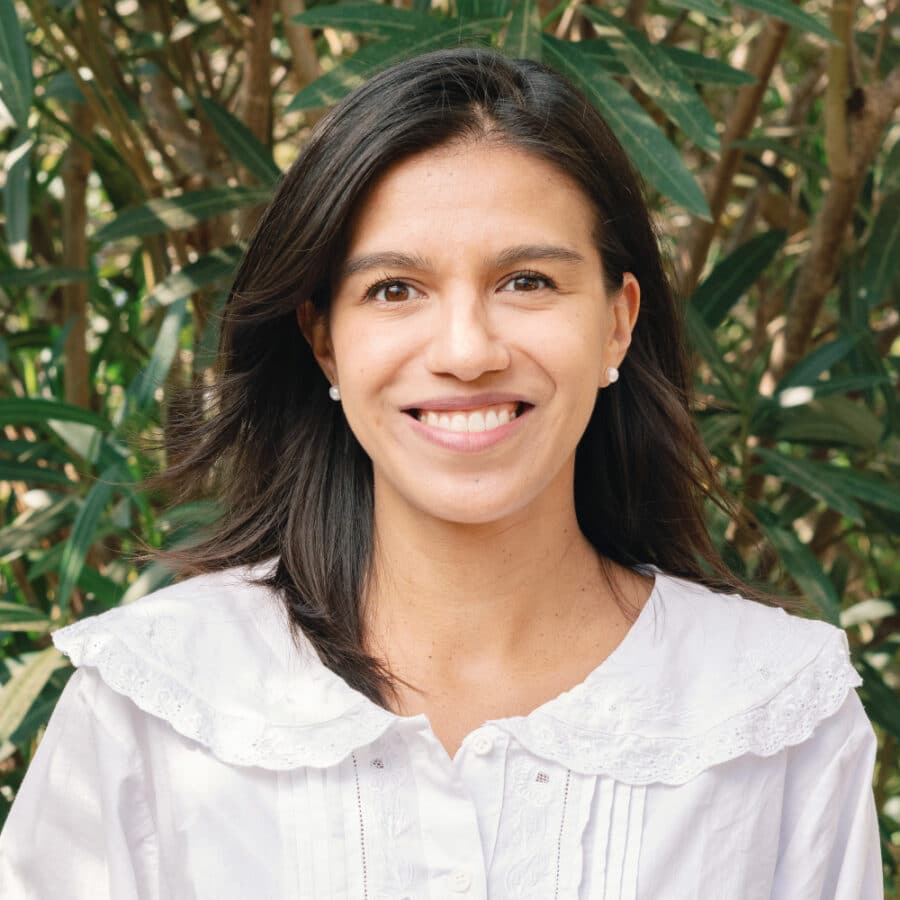Marcela Valdivia
Project Manager / Researcher
Project Manager / Researcher

“Informal employment and migration are essential livelihood strategies for the working poor, but both are often marginalized and criminalized. Inclusive labour markets and cities should enable workers at the margins – but central to the economy – to fully participate and work towards a decent living.”
Policy analysis, mixed methods, informality, migration, gender, urban climate justice
Marcela has been part of WIEGO’s Urban Policies Programme since 2020, contributing to city-level documentation, policy and data analysis, and the development of participatory research methods. Her work focuses on connecting local realities with broader policy discussions to strengthen advocacy efforts.
She manages the Climate Justice and the Urban Informal Economy project on the impacts of climate change on informal livelihoods. Across this project and the earlier studies on COVID-19 and the Informal Economy and the cost-of-living crisis, Marcela contributed to unpacking a “poly-crisis context” and its implications for workers in informal employment.
Before joining WIEGO, Marcela worked as a policy analyst at the OECD’s Employment, Labour and Social Affairs Directorate, where she focused on barriers to labour market access and social protection for migrants, with an emphasis on women. She has collaborated with development agencies (GIZ, AMEXCID) and think tanks (Inter-American Dialogue) working towards the socioeconomic inclusion of migrant workers through financial education and understanding of development challenges underpinning labour migration.
Marcela holds a master’s degree in development economics from Sorbonne University and another in international relations from Georgetown University, where she was a Fulbright Scholar. She has a bachelor’s degree in international relations from El Colegio de México.